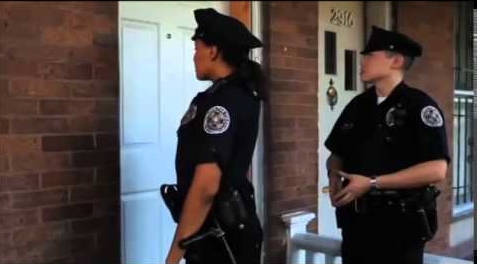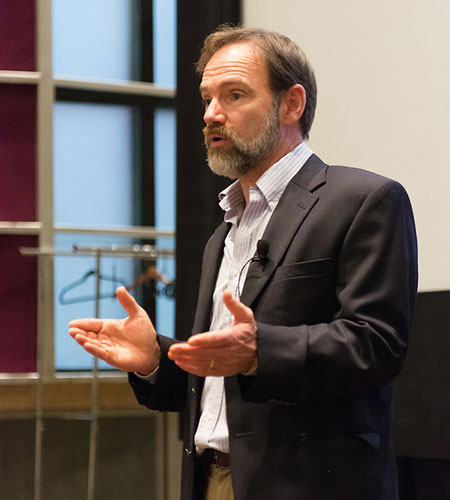
Last week, my law firm, Anapol Weiss, and the Casey Feldman Foundation, sponsored one of a series of death notification trainings for law enforcement in suburban Philadelphia. Anapol Schwartz has worked with MADD of southeast PA for a number of years to provide the training. The featured speaker was Lauren Rowe from MADD. Ms. Rowe is MADD’s National Director of Victim Services. Police officers learned about the needs of family members, the best practices for proper death notification and how to care for themselves as giving death notifications can be one of the most stressful parts of law enforcement’s job.
My daughter Casey was killed in July of 2009. I remember my death notification and will never forget the words that signaled that my life would be forever changed. Two surgeons came out of the operating room and said “your daughter did not survive surgery. We did everything that we could.” They repeated those words a number of times until I told them to stop. I look at my life as all that happened before Casey was killed and all that has happened since.
Whether the death notification comes from hospital staff, police officers or coroners, when someone you love dies an unexpected and tragic death that precise moment in time, including what was said, who said it and how they said it is forever ingrained in one’s memory. It is at that moment that the journey into what some call a “new normal” begins.
That is why it is so important that the death notification be done in the best possible manner. Those words and the manner in which the words are spoken have a lasting effect on family members. I was asked to speak about my death notification and provide specific suggestions for doing the best job possible. One of the recurring questions is whether family members who request to see a loved one’s body or graphic photos should be allowed to do so. Many of the police officers believed that it was their job to protect family members and opted, in instances of severe injury, not to allow family members to do so. Another question was what to respond when asked if their loved one suffered and it was apparent that there had been conscious pain and suffering prior to death. Similarly, many officers indicated that not telling the truth to protect the family was the preferred approach.
I made it clear that it was essential that police officers be truthful, even if the truth was likely to cause family members pain. At that moment our beliefs about our ability to keep our loved one’s safe, that the world is a kind and just place and that if you do the right things good things will happen have been shattered. Given that this is a defining moment, and the start or a very new future, we need to be able to trust and believe others. If police, while well-intended, are not truthful and we learn of that deception later it will color our perceptions of how others are responding to us and may diminish our ability to accept necessary helpful support. Additionally, at this time we are just starting to formulate questions and will have an almost insatiable need for answers as to how and why our loved ones died. Denying information that is requested, even in a desire to protect, is not ultimately kind or respectful. The beliefs of some of the police officers were reminiscent of the way some treat our elderly almost like children.
My suggestions were to allow family members to view the body, or photos, but to do so slowly and starting with the least graphic and making a determination, with the family member, of how far to go. If there was pain and suffering that needs to be acknowledged and a simple statement like “yes-but I don’t believe it lasted for very long” may serve to satisfy family members.
It was personally gratifying to me that so many police officers attended and were so receptive to learning and being open-minded, expressing a sincere interest to learn as much as they could to do the best job possible. I summed up my remarks by saying that I hoped that each officer in the future would want to do his or her department’s death notifications because they knew how important it was to do these correctly and would have the confidence to do so after the training.






